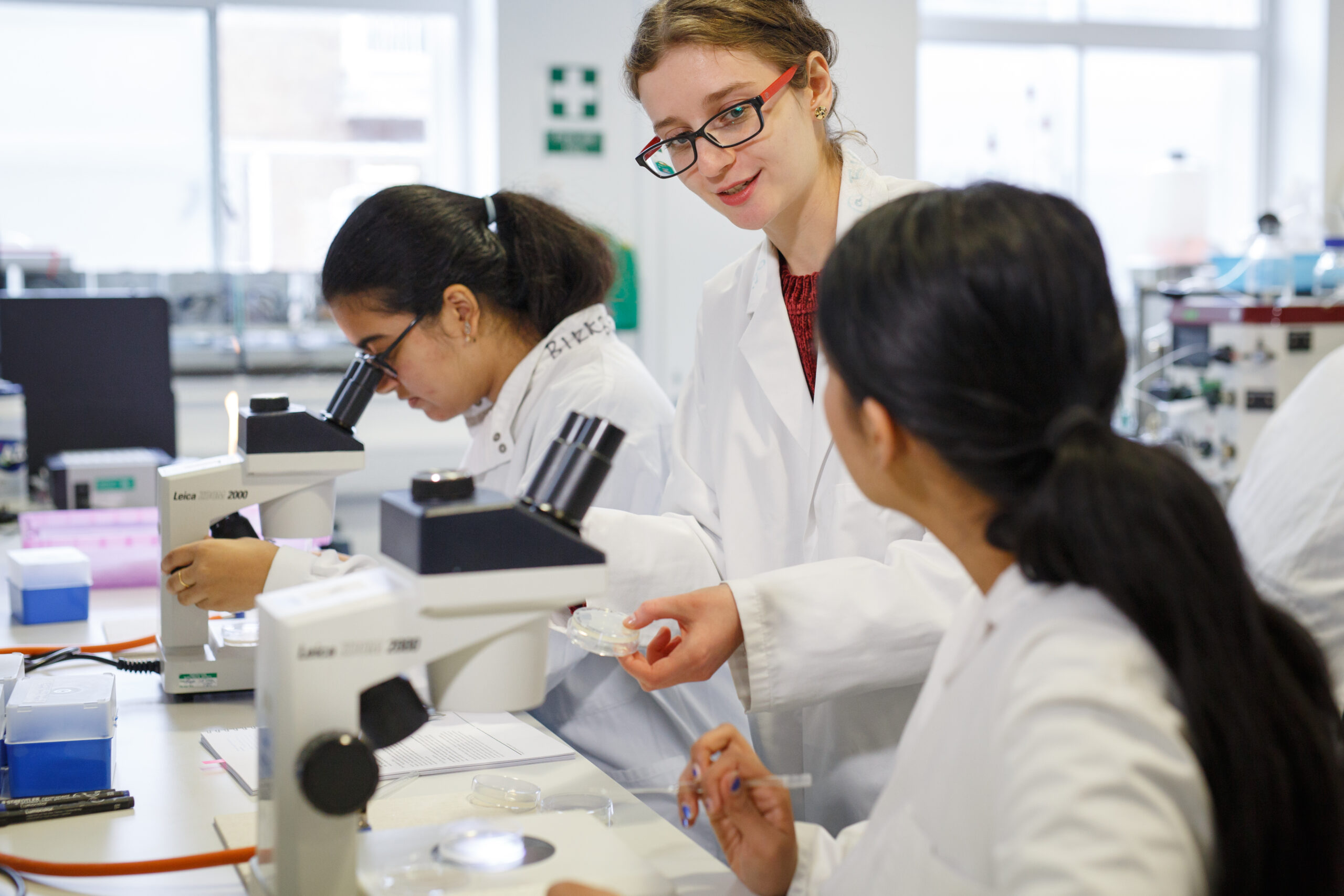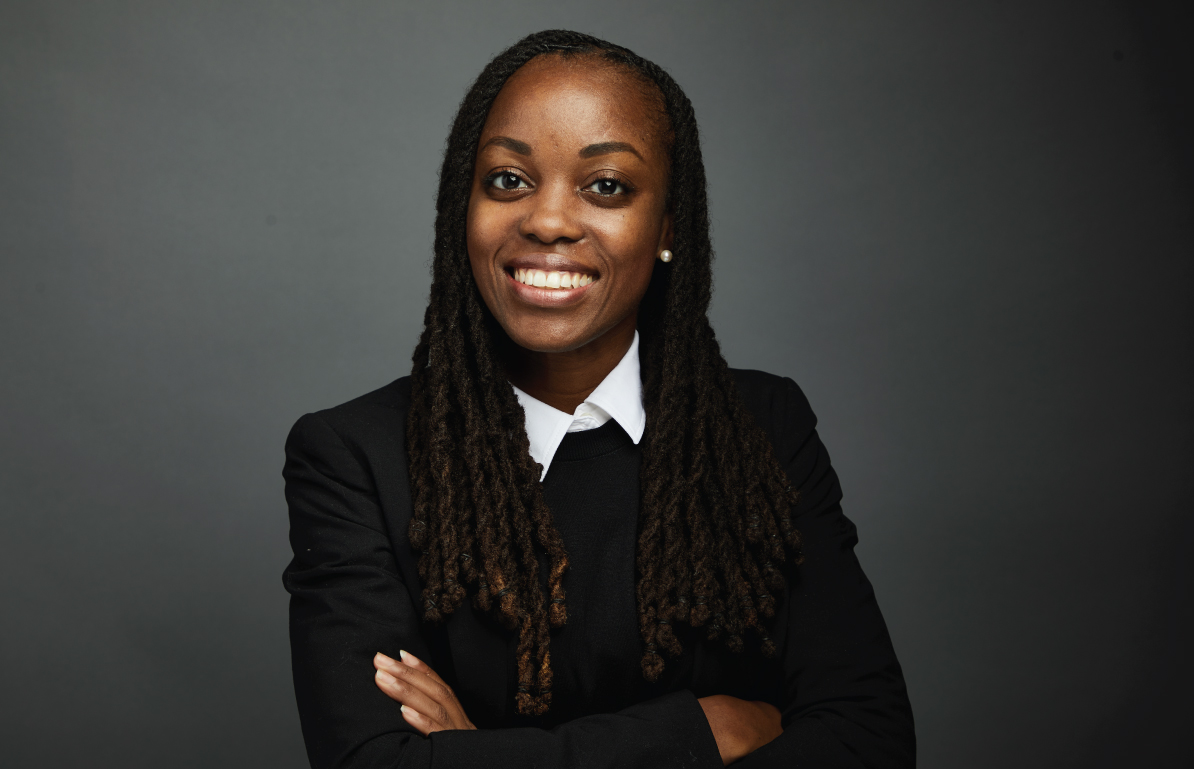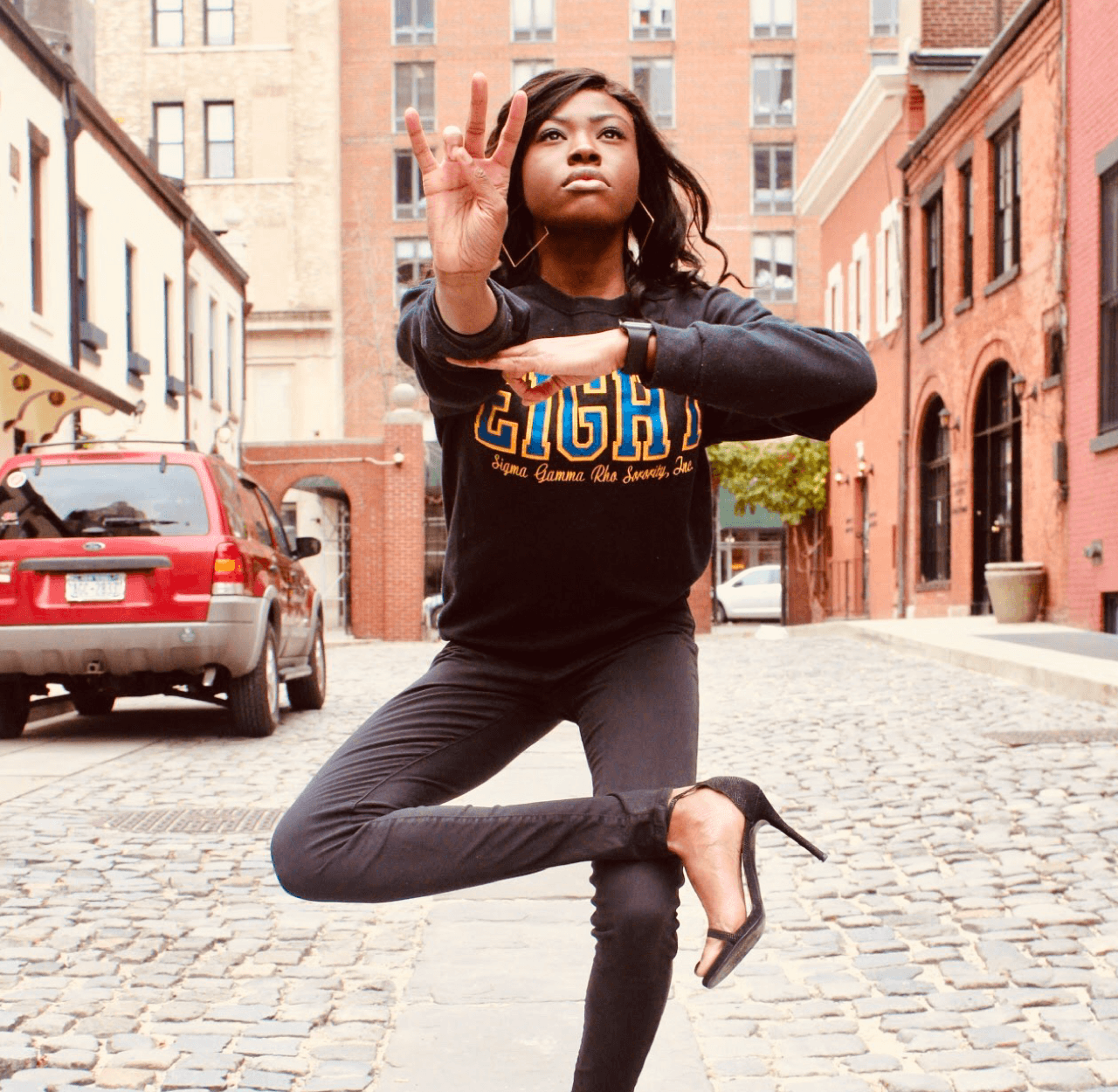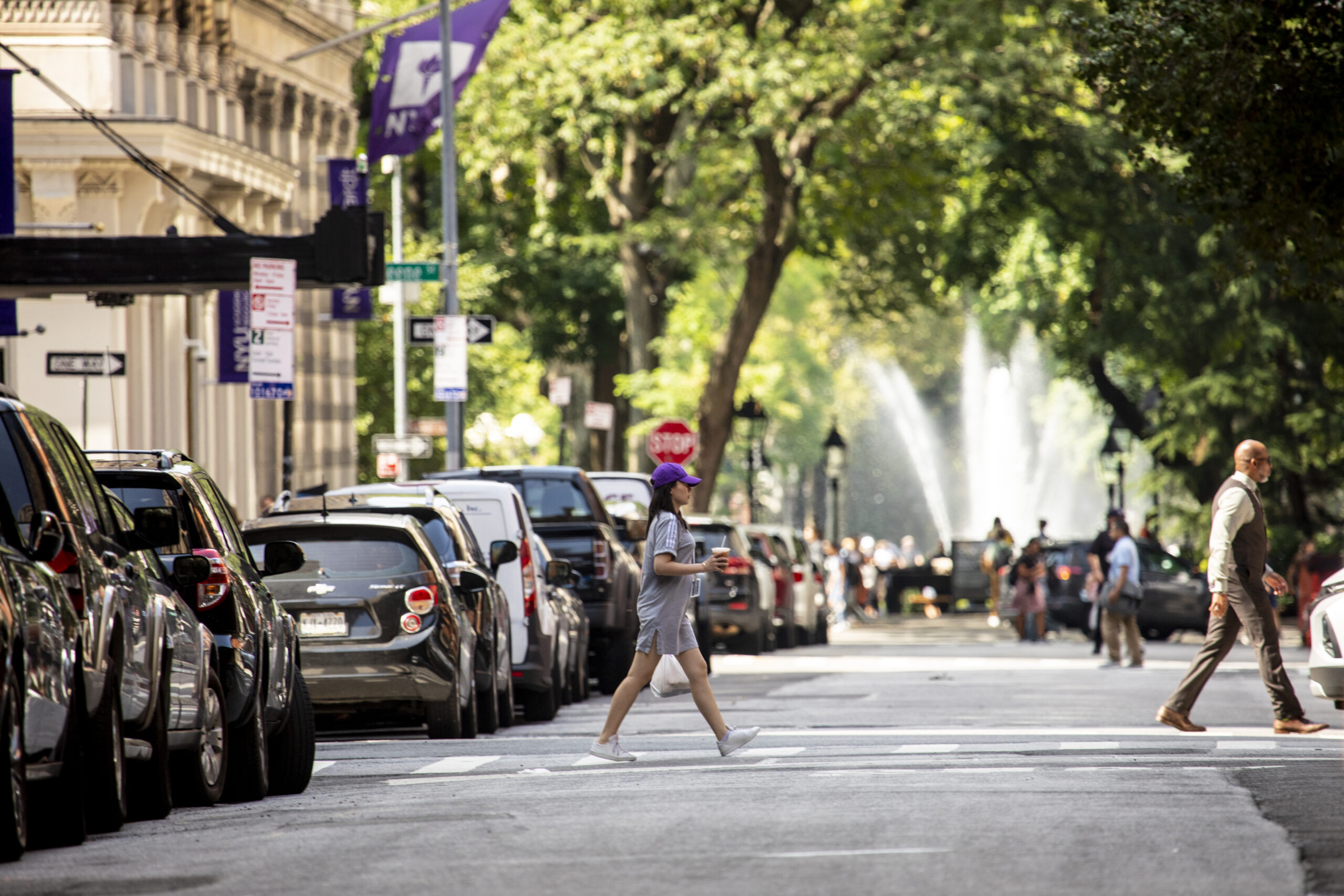
When most people think about prehealth, they think about biology or chemistry or physics. But, at NYU, prehealth students think outside the box with diverse majors, experiential learning opportunities, and various extracurricular activities. In fact, Jola DaSilva, a Psychology major and Chemistry minor on the predental track at the College of Arts and Science (CAS), says, “If I were to describe attending CAS as a prehealth student in one word, I would choose ‘well-rounded.’ Here, you can take your prerequisites while taking a variety of other classes. They may not relate to your major, but they will make you well-rounded and give you—and your future professional school application—versatility.” As a result prehealth students at CAS and the Tandon School of Engineering prepare for a career that helps and heals—all while thinking critically, creatively, and dynamically.

Health for Whole People at CAS
All CAS prehealth students take the same nine-course sequence of required classes. But, beyond that, they explore a variety of opportunities to supplement their knowledge and become better medical professionals. “Ultimately, the physician is going to be treating whole people,” Kristy Lamb, assistant dean for preprofessional advising at CAS, explains. “The more opportunity someone has to explore different realms of knowledge and think critically about the world around them—that’s amazing preparation for a career in medicine. So prehealth students really do have the freedom to choose a major they think is interesting. Then, they take the required courses alongside that.”
Jola agrees, explaining, “My goal is to become a pediatric dentist. That means I need to be able to talk to and relate to children of all ages, many of whom are afraid of the dentist. Studying psychology will allow me to understand why children may act a certain way. What’s more, I’ll better understand how to make them feel as comfortable as possible.” Jola also augments her studies with a variety of other experiences—all while staying on course for graduate school. “I’m part of Women in Science, a program at CAS that encourages women to conduct research. It is a great opportunity for networking and mentorship. Plus, NYU lets me stay on track with my coursework while studying away, so I’ll be studying abroad at NYU London in the spring of 2024.”
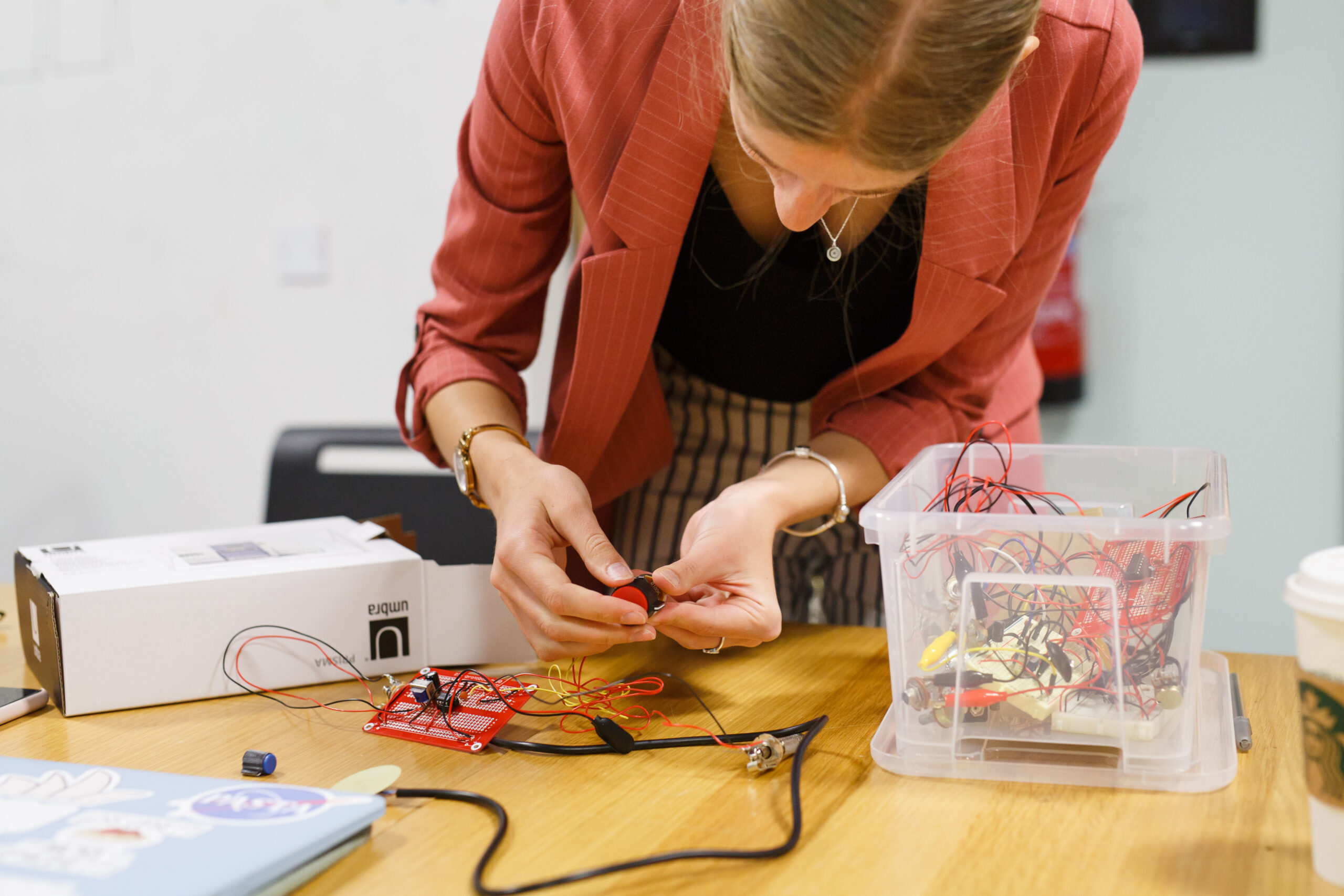
Technology Meets Care at Tandon
The Tandon School of Engineering is known as a hub of engineering innovation, but it also has a small but mighty prehealth program. Here, students augment their prehealth education with a range of opportunities that prepare them for a successful medical career. And while many major in Biomolecular Science, others study computer science, mechanical engineering, or even integrated design and media. “Tandon offers a lot of unique opportunities to prehealth students because we’re smaller,” says Sara-Lee Ramsawak. She’s the senior director of academics, programs, and global engagement. “Plus, more and more, health care is about technology. Biomedical devices are necessary for these bigger research hospitals and institutions to move forward and innovate. So experience in mechanical engineering or coding can differentiate you. Universities want people who can think differently.”
That makes students like Levi Olesky, a Tandon prehealth student majoring in Mechanical Engineering and minoring in Biomolecular Science, a perfect fit. “As much as I love engineering, I didn’t see myself in a traditional engineering career,” he explains. “I was fascinated by becoming a surgeon and applying my engineering background to explore medical research while creating technology for future practice. That’s when I decided to pursue prehealth.” His major has already helped him approach medicine in new ways. Additionally, since Tandon students can complete their core courses while engaging in design projects, research, and service opportunities, he’s had various opportunities to round out his education. “I was part of the motorsports team, taught high school robotics, and volunteered as an EMT. Plus, I’ve worked with several surgeons who have engineering backgrounds,” he shares. “Their curious and innovative minds are exactly how I envision myself working in the future.”

